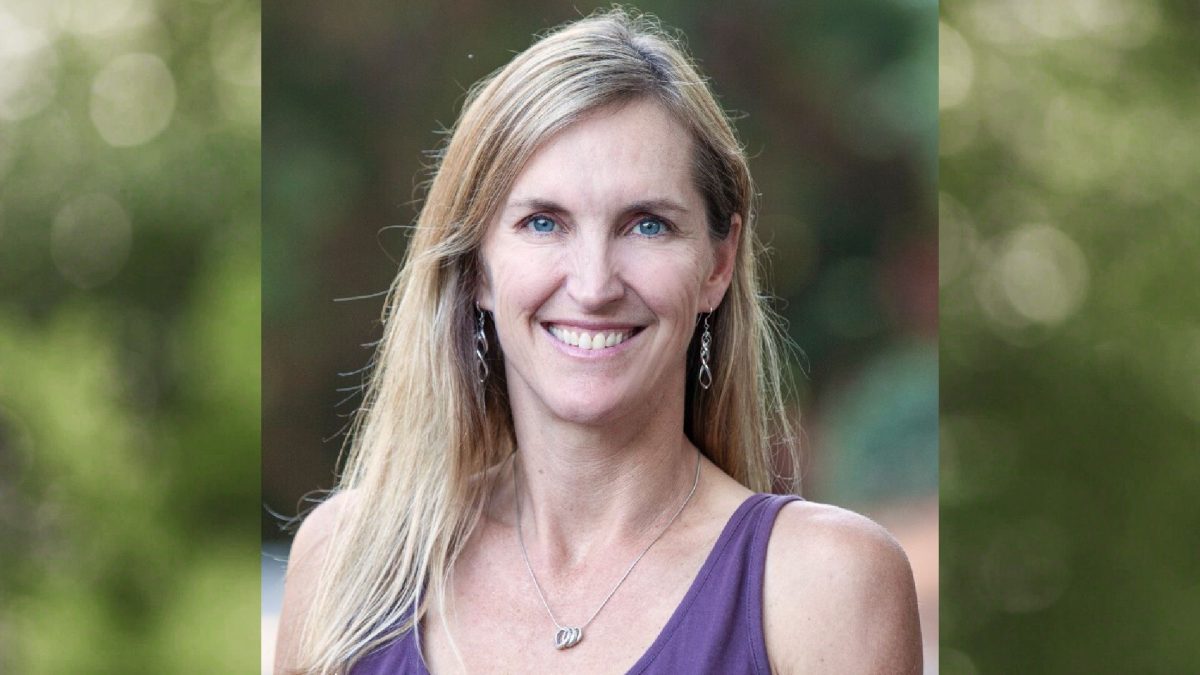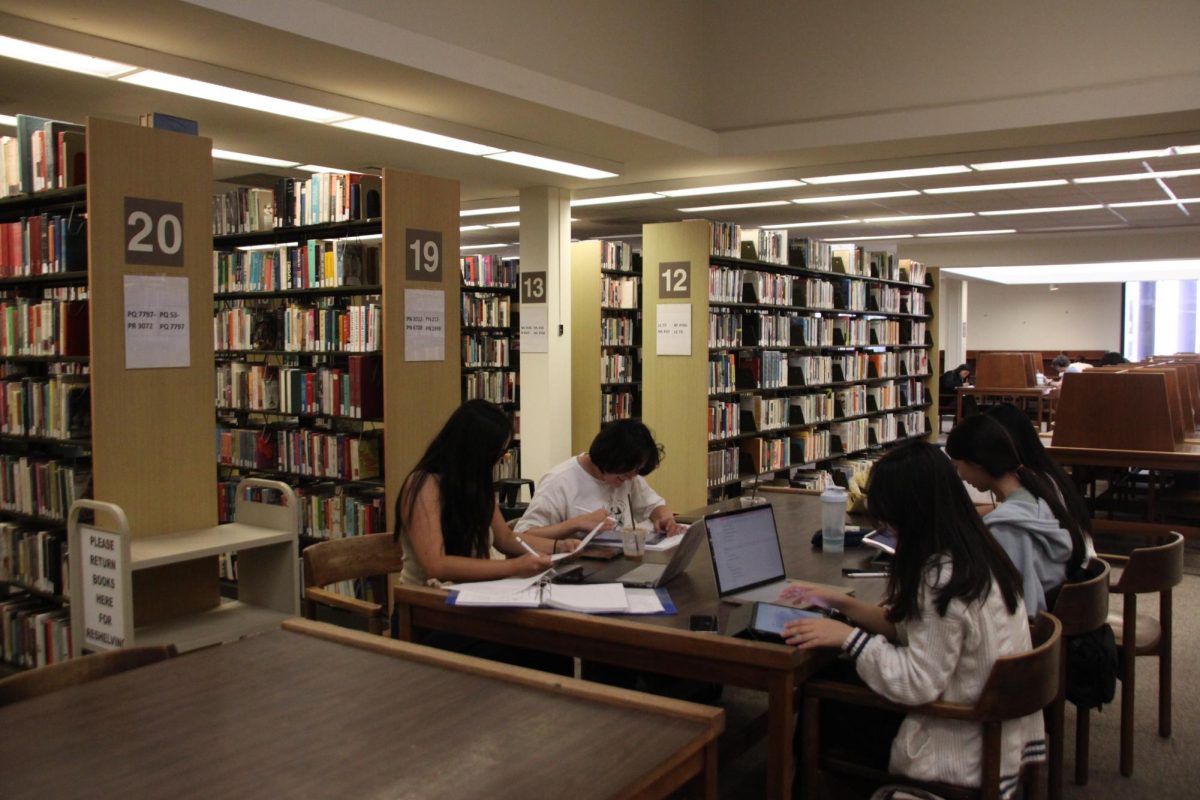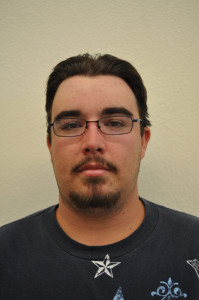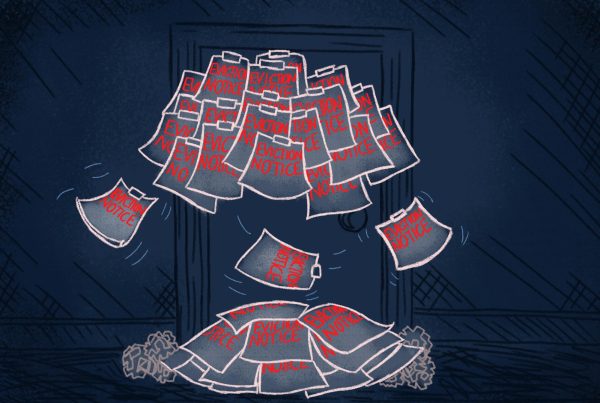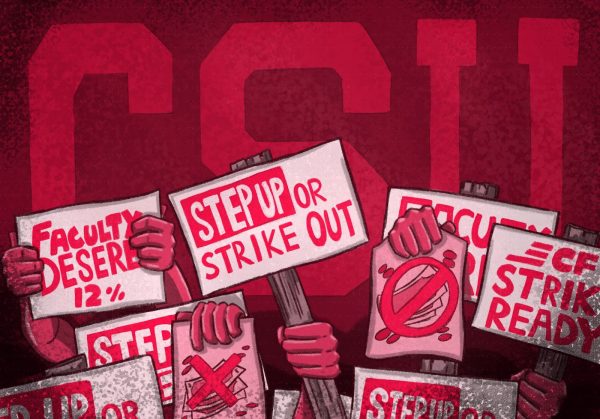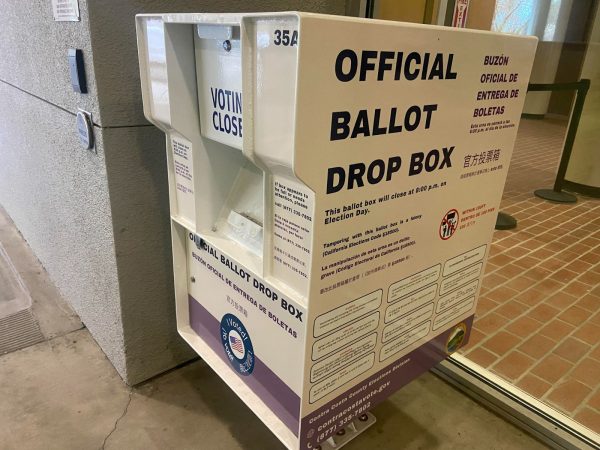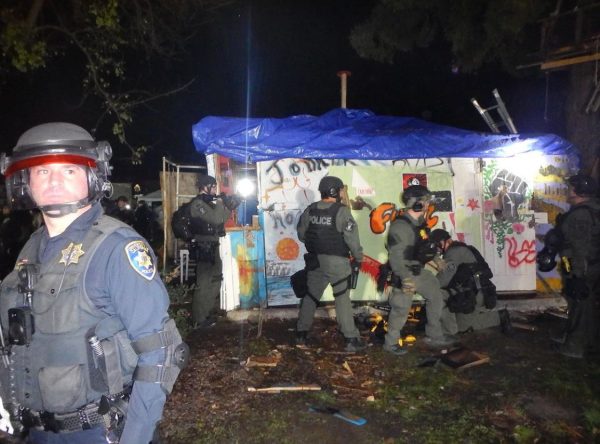DVC shapes up for visit
September 20, 2009
The Oct. 15 deadline is fast approaching for DVC to prove it no longer deserves to be one step away from losing its accreditation.
Citing the “enormous amount of work done over the past eight months, President Judy Walters said, “We have had a lot of people involved…with this process, and that’s very important to DVC as a college community.”
The Accrediting Commission for the Community and Junior Colleges stunned the college community last February when it placed DVC on “show-cause” status after it’s evaluation team found seven deficiencies, four of them unaddressed from a 2002 accreditation report.
A key focus prior to summer break was clarifying the decision-making process among managers, faculty, and staff and to implement “a participatory process to advance [DVC’s] mission and goals, as required by the Commission’s evaluation team.”
Ted Wieden, interim dean of curriculum and instruction, said his work group met weekly from Feb. 20 to May 8 on a restructuring plan with four new committees, including a “College Council” that consists of an equal number of managers, faculty, staff and students and makes recommendations to the president.
Two of the new committees – the Integration Council and the Facilities and Space Allocation Committee – report to the College Council, while the third, the Enrollment Management Committee, reports to the vice presidents of student services and instruction.
“Our plan is to have the four new committees operating by Oct. 1,” Walters said. “The college made the decision we need to start implementing these plans almost immediately.”
Another focus, as required by the evaluation team, was to add the words “student learning” to the college’s mission statement.
“While the college had alluded to student learning in its philosophy statement in its strategic plan, we didn’t have that phrase in the introductory sentences to our mission statement,” said Faculty Senate Vice President Keith Mikolavich. “And since our mission statement expresses our values, it was intelligent to include that phrase there as well, especially since students are central to our mission.”
In its report of last year, the commission’s evaluation team also found the college had only identified and or assessed student learning outcomes for 192 of its more than 1,200 courses and for 21 of its 101 programs.
Walters said student learning outcomes have since been developed for all DVC programs.
Computer sciences department chair Robert Burns, said the learning outcomes for 98 percent of the college’s 1,275 individual courses are now completed.
“The remaining 2 percent are classes like variable unit classes, where the SLO’s are harder to pin down,” he said.
Despite long work days that stretched into the summer, faculty, staff and managers seemed optimistic. “I witnessed my colleagues give of themselves in a way that has renewed my faith in this great college,” Mikolavich said.
The report goes to the college district governing board Sept. 30, and then Oct. 15 to the Commission, which will send an evaluation team to the college between Oct. 19 and Nov. 19.
The college will not hear any official statement from the Commission about its accreditation status until after it meets in late January.
“In the meantime, we will continue to work on implementing what we have done in our report,” Walters said.






















